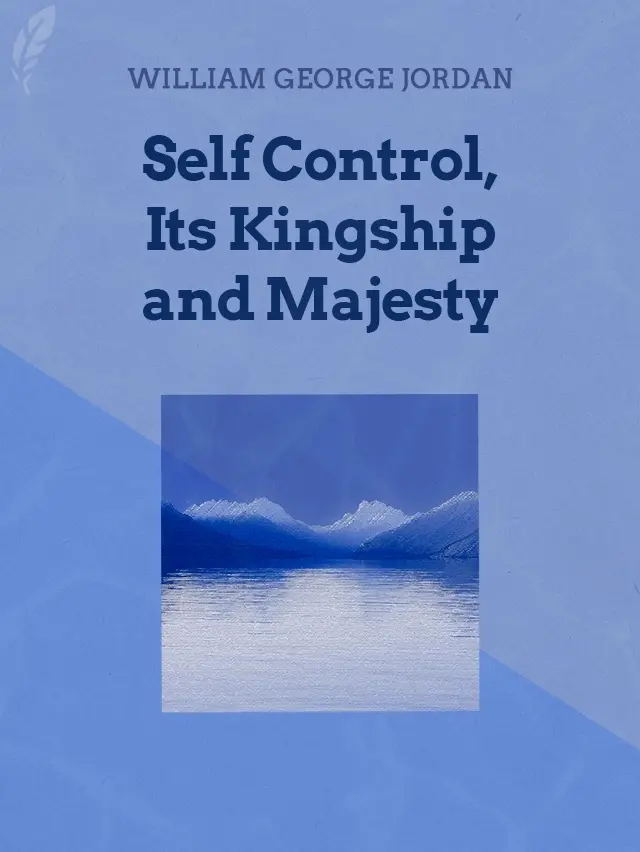
As a Man Thinketh
James Allen
Non-fiction


Audiobook Available
Listen to Self-Control, Its Kingship and Majesty in the app. It's free and ad-free.
This is a guide to mastering your inner life. In his inspiring prose, William George Jordan argues that true strength comes not from dominance over others, but from control over one’s own thoughts, impulses, and emotions. He shows how self-control leads to clearer judgment, deeper peace, and a nobler character. This timeless work of personal philosophy invites readers to claim the “kingship” of self-mastery.


Audiobook Available
Listen to Self-Control, Its Kingship and Majesty in the app. It's free and ad-free.
This is a guide to mastering your inner life. In his inspiring prose, William George Jordan argues that true strength comes not from dominance over others, but from control over one’s own thoughts, impulses, and emotions. He shows how self-control leads to clearer judgment, deeper peace, and a nobler character. This timeless work of personal philosophy invites readers to claim the “kingship” of self-mastery.
Total ratings
2
Average rating
4.0
/ 5
★★★★★
Rating breakdown
Last 12 months
Total reviews
No reviews yet.